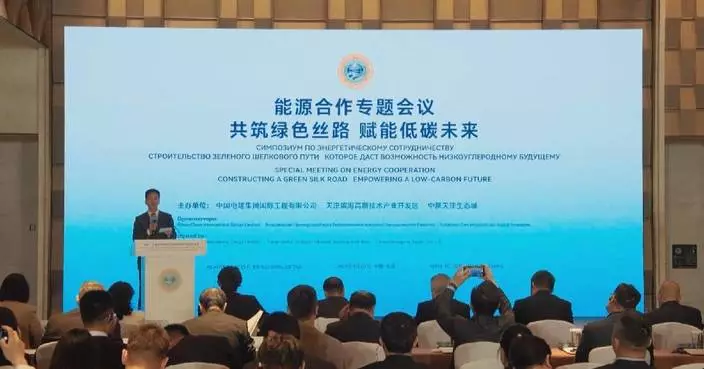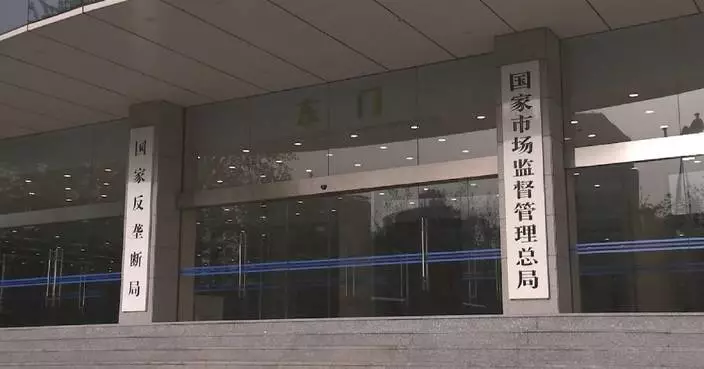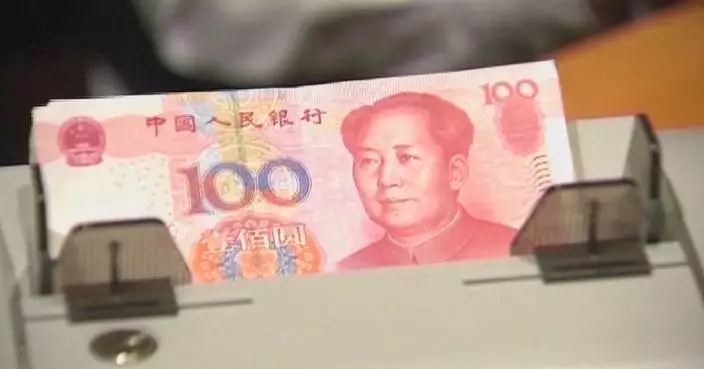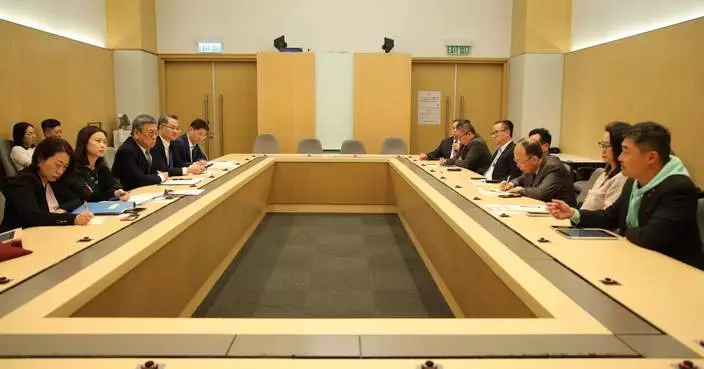Iranian Foreign Minister Seyed Abbas Araghchi on Sunday expressed willingness to have indirect talks with the United States over nuclear issues while rejecting the idea of direct negotiation, which he described as meaningless amid constant threats from the U.S.
According to Iran's Foreign Ministry website, Araghchi said during a Nowruz celebration ceremony, "In principle, direct negotiations with a party that constantly threatens to resort to force in violation of the UN Charter and has contradictory positions expressed by its various officials will be meaningless."
He also expressed commitment to diplomacy and indirect negotiations but stressed that Iran is prepared for any eventuality and will resolutely defend its national interests and sovereignty.
Reuters, citing a senior Iranian official, reported that Iran hopes to continue indirect negotiations mediated by Oman, aiming to assess whether the U.S. genuinely intends to reach a political solution.
U.S. President Donald Trump, in an interview with NBC News on March 30, threatened to launch "unprecedented military strikes" on Iran if it refused to negotiate over its nuclear program.
In early March, Trump said he had sent a letter to Iranian leaders via the United Arab Emirates proposing direct discussions on Tehran's nuclear activities. Iran later said it rejected direct negotiation with Washington but left open the possibility of indirect diplomacy.

Iran open to indirect nuclear talks with US, rejects direct negotiation amid constant threats

Iran open to indirect nuclear talks with US, rejects direct negotiation amid constant threats

Iran open to indirect nuclear talks with US, rejects direct negotiation amid constant threats

Iran open to indirect nuclear talks with US, rejects direct negotiation amid constant threats
The universal "reciprocal tariffs" imposed by the United States signals a decline in the U.S. economic dominance and dollar hegemony, as the country is attempting to extract excessive financial benefits from its trading partners, according to economists, who warn the Trump administration is playing a "dangerous game".
U.S. President Donald Trump last week signed an executive order on the so-called "reciprocal tariffs," imposing a 10-percent "minimum baseline tariff" before unveiling higher rates on certain trading partners. The policy sent shockwaves throughout the global economy and triggered panic on financial markets, with analysts warning of significant risks and dire economic consequences.
In an interview with the China Global Television Network (CGTN), Hong Hao, chief economist of the GROW Investment Group, a Shanghai-based hedge fund, said the tariffs reflect Trump's strategy to extract economic benefits from trading partners, particularly viewing China as a significant competitor. "Trump really believes that the trade terms with the trading partners have been unfair to the U.S., and as a result, the U.S. manufacturing sector has been hollowed out. Therefore, the U.S. is paying an excessive price for globalization, and now, it's time to pay back. I think, from this angle, he is trying to extract economic rent from its trading partners, and also he is trying to see China as one of the major U.S. rivals at this juncture. So, I think, as a result, he is playing a very dangerous game. And, as you can see, it's political theater in the sense that he is trying to dramatize the extreme pressure, so that he can get excessive rent from the opponent," he said
Trump's unilateral imposition of tariffs has eroded global confidence in the U.S. and its dollar's status, leading many to state that the American hegemony may not persist, according to Josef Gregory Mahoney, a professor of politics and international relations at East China Normal University.
"The U.S. economy is at an inflection point. There is a moment where the previous strategies being used to sustain American hegemony were no longer working. And, it's only a matter of time before the U.S. position erodes, given the fact that it's been a house of cards built on the dollar supremacy. And a lot of people don't see that as having a brighter future. This has moved past the theater stage and has moved really directly into one in which no one really has confidence in the U.S. anymore. No one has confidence in the dollar. No one has confidence in the U.S. being committed to the multilateral system, to global trade and so forth and so on," he said.
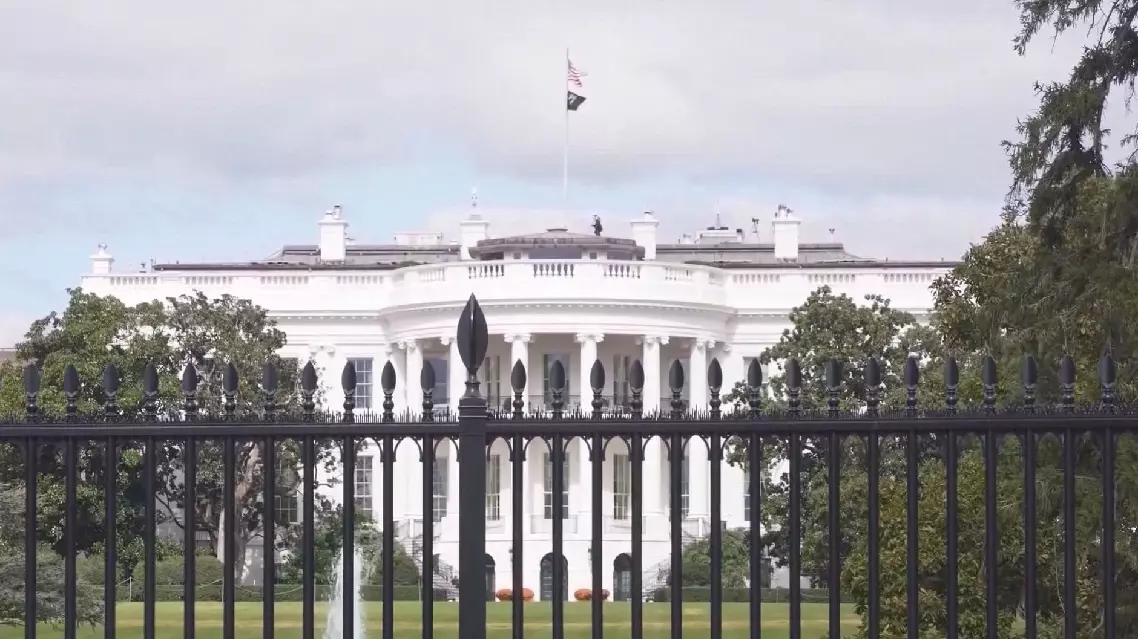
Trump playing "dangerous game" as tariff measures signal decline in U.S. dollar hegemony: economists










